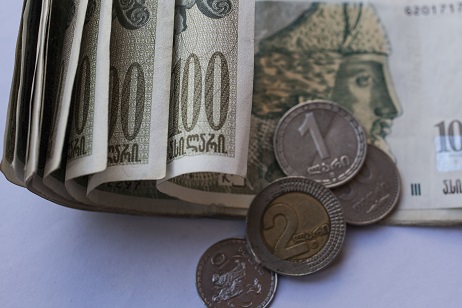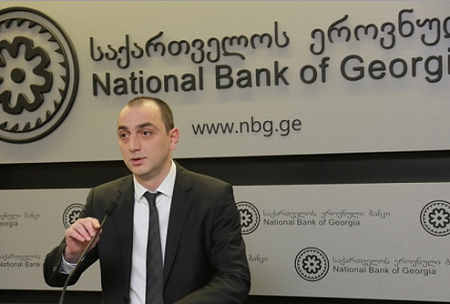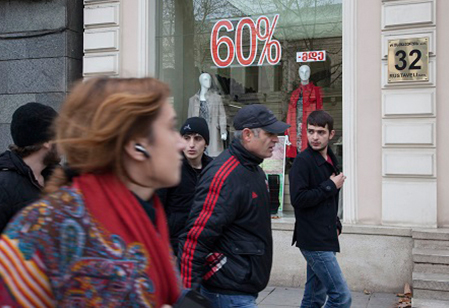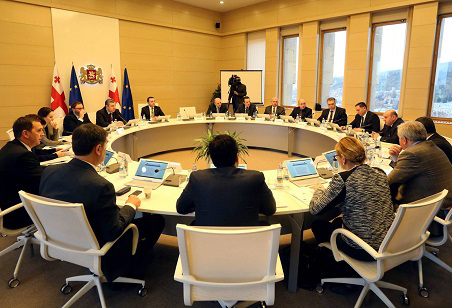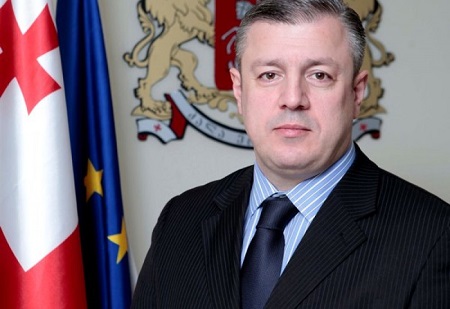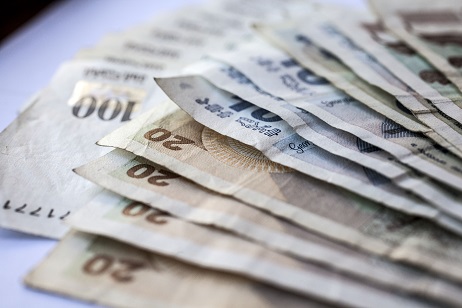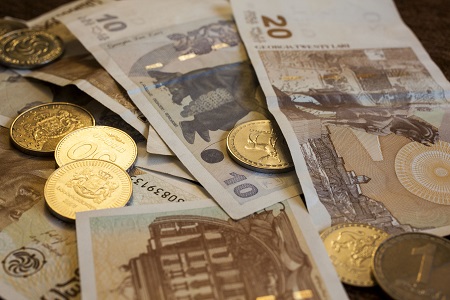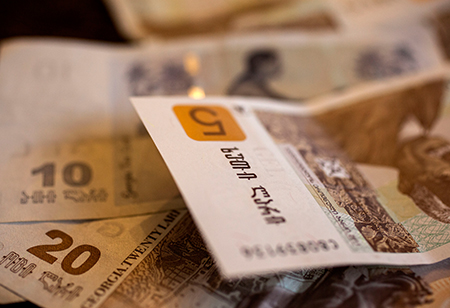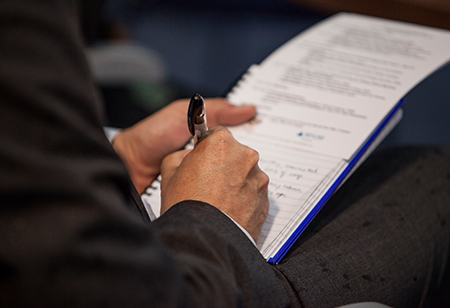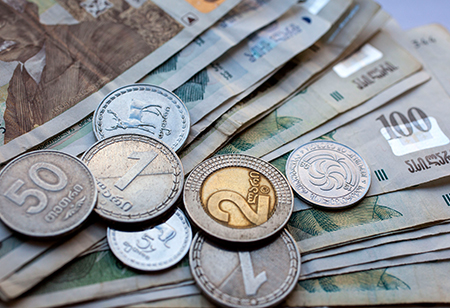NBG increases its policy rate by 50 basis points to 4.5%
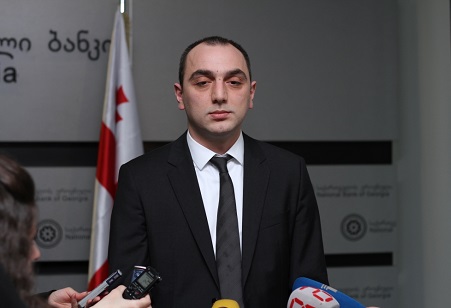
The Monetary Policy Committee (MPC) of the National Bank of Georgia (NBG) met today and decided to increase the refinancing rate by 50 basis points to 4.5 percent.
The decision comes following a thorough look into the country’s economic forecast, where the risks affecting the expected inflation had risen due to "external shocks”, said the bank.
The changes mean those with a loan taken out in the Lari – the national currency – face a 0.5 percent loan rate increase, while those who have taken out loans in US Dollars will experience a 20 percent increase.
The bank said as of today, 4,902 individuals had mortgages linked to the refinancing rate and 2,111 legal entities had a business loan.
"We try to avoid price increase as a result of the Lari depreciation and to keep financial stability in the country,” said NBG president Giorgi Kadagidze.
He believed the recipe to overcome the challenges Georgia faced was to increase the volume of investments in Georgia, to export more and to host more tourists.
The MPC said eventually it hoped to see the inflation expectations neutralised, and to do this the MPC considered a gradual exit out of the accommodative monetary policy.
However with an increasing interest rate, the country’s monetary policy was still accommodative as the policy rate remained below the neutral value. The bank said according to the current forecast, unless other "external shocks” affecting the economy will occur, by the end of 2015 the monetary policy rate will be around five percent.
Kadagidze said: "The reduction of foreign exchange inflows has worsened the country’s foreign balance in terms of trade and services. Accordingly, it affected the Lari rate and it depreciated. That is why it is important to attract more foreign direct investments, encourage export and tourism.”
According to the current economic forecast, inflation would remain below its five percent target in the first half of 2015 but would reach this target by the end of the year.
The annual inflation in January was 1.4 percent and this reflected the drop in fuel prices. At the same time core inflation increased 3.2 percent. NBG said inflation forecasts significantly depended on external factors and contained risks that could change in both directions.
NBG said changes to an exchange rate was the economy’s natural reaction to "external imbalances” and it "serves as a mitigation of the negative impact”.
The bank emphasized the Lari’s nominal effective exchange rate has not depreciated in annual terms, although the GEL did depreciate against the US Dollar.
Given the high value of the dollar in Georgia, the depreciation of the Lari versus the value of the currency created additional inflation risks as a result of increased inflation expectations. This meant increased intermediate costs related to servicing the US Dollar-denominated loans, said the bank.
So taking into account the existing environment, MPC decided it was necessary to tighten the monetary policy to reduce inflation risks.
Despite this the Lari has slightly started to strengthen. To reflect this the NBG has established a new official exchange rate where $1 USD cost 2.0248 GEL. This will come into effect from tomorrow, February 12.
Previously the exchange rate was 2.0421 GEL and in one day it shifted 0.0173 GEL.
NBG said it would continue to monitor the developments in the economy and financial markets and would use "all means necessary” and all tools at its disposal to ensure price stability in Georgia.
The next MPC meeting will be held on March 25, 2015.
 Tweet
Tweet  Share
Share
